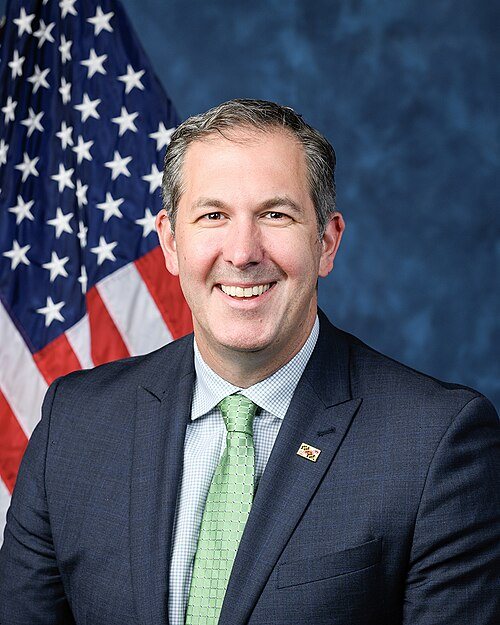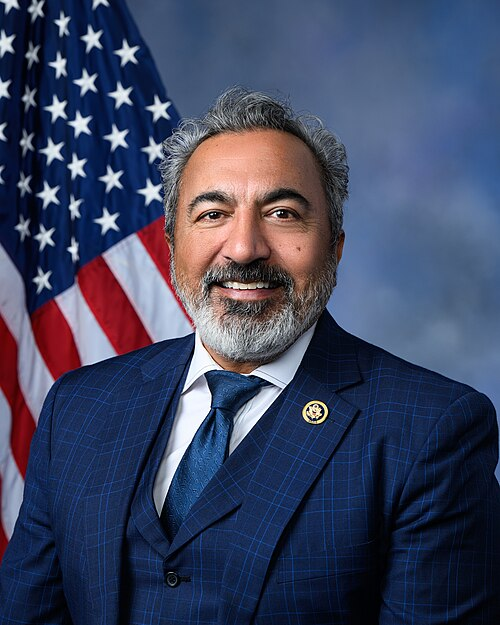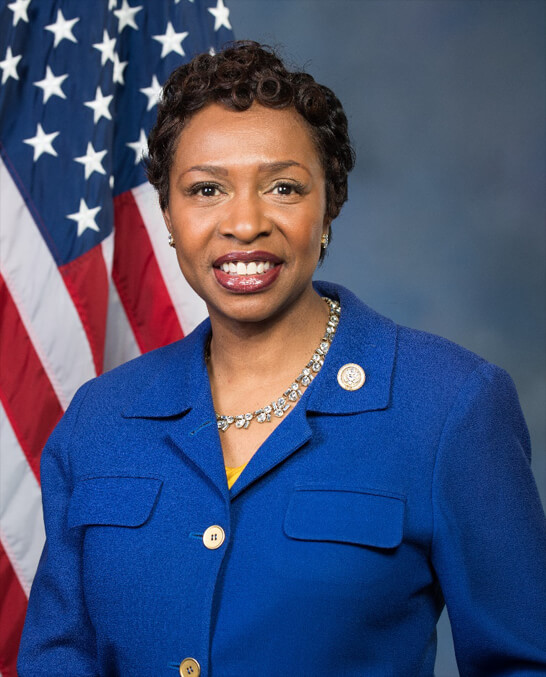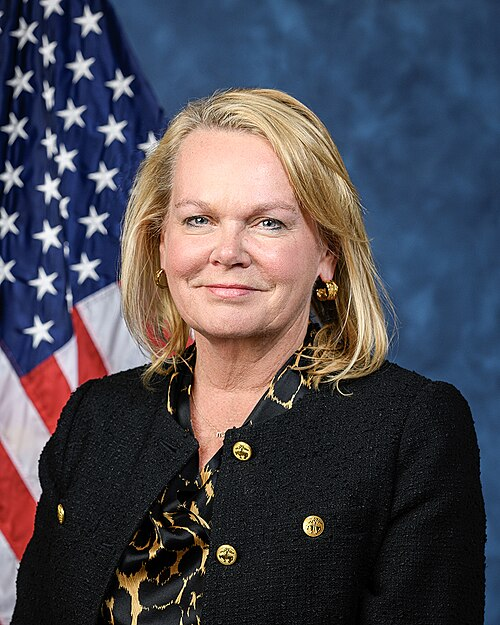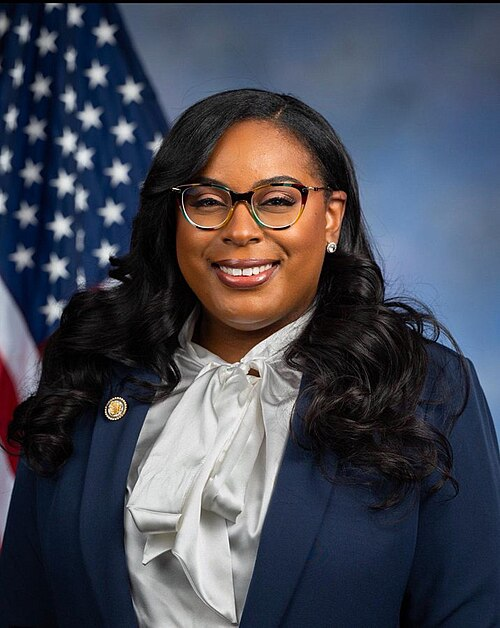H.R. 4767: Community College Educational Exchange Act
This bill, known as the Community College Educational Exchange Act, aims to enhance educational exchanges between foreign scholars and U.S. junior or community colleges and postsecondary vocational institutions. The key objectives of the bill can be summarized as follows:
Definitions
The bill defines several important terms:
- Educational exchange: Refers to activities that promote educational collaboration and knowledge sharing between foreign and U.S. institutions.
- Eligible institutions: Includes U.S. junior colleges and postsecondary vocational institutions recognized by the Secretary of State and other federal agencies.
- Junior or community college: A higher education institution that does not award bachelor’s degrees and has programs of two years or longer.
- Postsecondary vocational institution: A school that provides training programs aimed at preparing students for specific occupations.
- Relevant Federal departments and agencies: Includes the Department of State and the U.S. Agency for International Development (USAID), among others.
Expanding Educational Exchange Programs
The bill encourages the Secretary of State and USAID to strengthen and expand educational partnerships and exchange opportunities. This includes:
- Focusing on key development sectors such as:
- Food and agriculture
- Microenterprise and entrepreneurship
- Early childhood education
- Engineering
- Information technology
- Media
- Health services and public safety
- Tourism and hospitality
- Water sanitation and hygiene
- Environmental resilience
- Establishing a Community College and Postsecondary Vocational Institution Initiative Program to provide scholarships for foreign students, scholars, and experts to study at eligible institutions for up to one academic year.
Building Capacity for Study Abroad Programs
The bill establishes a capacity-building program aimed at strengthening U.S. junior colleges and vocational institutions. This includes:
- Providing grants and technical assistance to help create and expand study abroad programs.
- Creating resources to aid institutions in launching or enhancing study abroad offerings.
- Training faculty and staff to effectively implement and manage study abroad initiatives.
- Supporting outreach to underrepresented student populations to enhance participation in such programs.
Enhancing Communication and Outreach
The Secretary of State and USAID will promote communication with eligible institutions through:
- Technical assistance for developing grant applications.
- Providing feedback on grant applications to help institutions improve future submissions.
Reporting and Congressional Consultation
Within one year of the bill's enactment, the Secretary of State will consult with congressional committees on:
- Identifying priority countries for educational programs.
- Partnerships between federal agencies and eligible institutions.
- Efforts to bolster the capacity of these institutions to participate in relevant programs.
Relevant Companies
None found.
This is an AI-generated summary of the bill text. There may be mistakes.
Sponsors
7 bill sponsors
Actions
2 actions
| Date | Action |
|---|---|
| Jul. 25, 2025 | Introduced in House |
| Jul. 25, 2025 | Referred to the House Committee on Foreign Affairs. |
Corporate Lobbying
0 companies lobbying
None found.
* Note that there can be significant delays in lobbying disclosures, and our data may be incomplete.
Potentially Relevant Congressional Stock Trades
No relevant congressional stock trades found.
